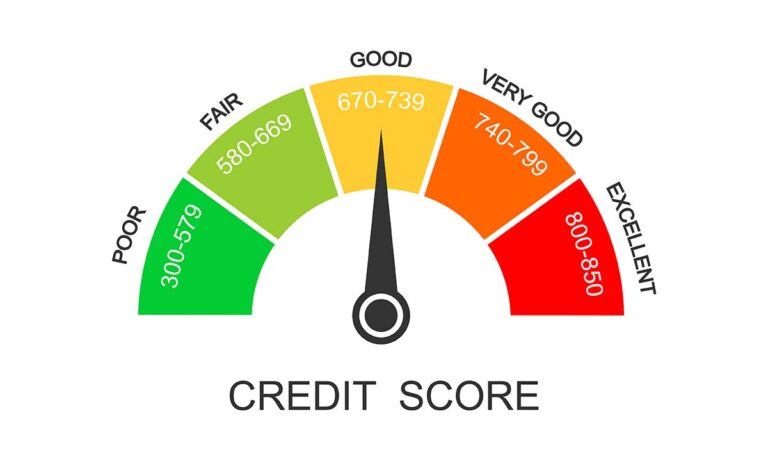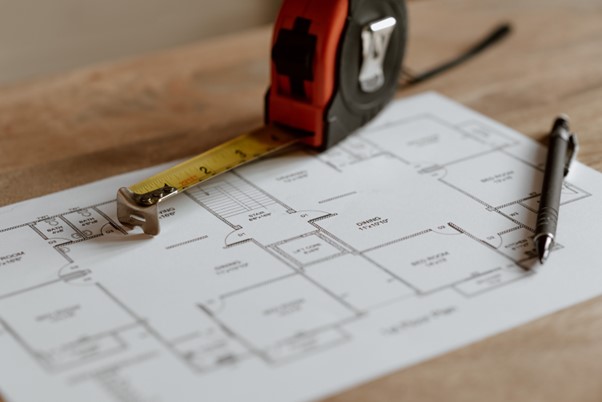When Can We Move In?
Many buyers wonder when they actually can move into their new home. They wonder when possession actually takes place. Most buyers take possession of their home the day of closing. The keys and other security devices are handed from the seller to the buyer at the closing and the house has officially changed ownership. In some areas the seller retains possession at no cost for three to five days after closing, but the customary day of possession is the day of closing. You do not need to wait to move in until you receive the deed, which will usually be mailed to you from the recorder’s office after it has been properly placed in the public records.
Sometimes possession is given to the buyer before the closing and other times the seller may need to stay on in the property after closing, and possession is given at a later date. Sometimes the day which is set for the closing and the day the buyer is scheduled to take possession is used as a negotiating tool. The buyer may allow the seller to stay on after the close of escrow, for example, in exchange for some reduction in the purchase price. Or, if the buyer needs to move in before closing, the seller will often let him take possession early. The seller may prepare an occupancy agreement, which is a form of a lease for the property. This lease agreement would cover the time which the buyer intends to occupy the property prior to the closing date. This type of lease is normally on a week-to-week basis and many real estate associations publish a specialized lease form which is intended for use an addendum to your purchase agreement. Sometimes the buyer may request that he be permitted to store items on the property prior to closing, or have access to the property prior to closing, but most lawyers advise against this practice.
Sometimes it does occur that the seller must stay on in the property after the close of escrow. His new house may not have closed escrow, or he may need additional time to move out. These arrangements should be made between the buyer and seller prior to close of escrow and the instructions given to the escrow agent. You may want your lawyer to review any lease addendum agreements, to be sure that you cannot be held responsible for possible liabilities or damages which may occur.
This column may not be resold, reprinted, resyndicated or redistributed without the written permission from Escrow Publishing Company.
[div class=”tipbox”]TIP
If the Sellers are to rent back the house for a period of time, have the escrow agent hold back from the seller’s proceeds enough to cover at least 1 month’s rent.[/div]



